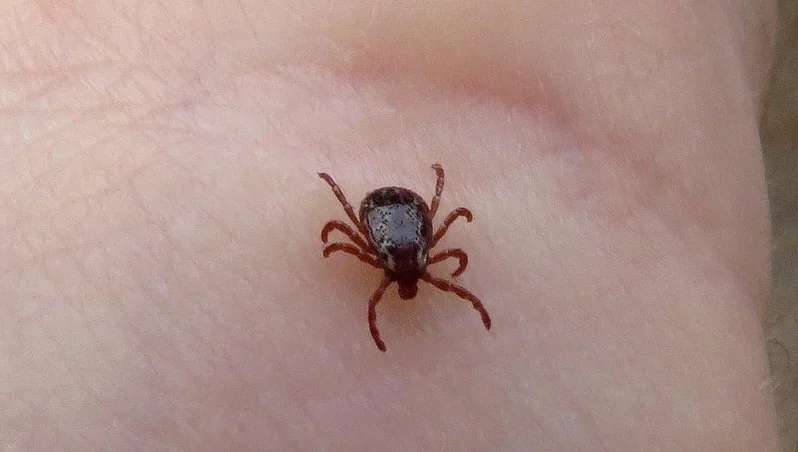A tick is a parasitic insect that feeds on the blood of mammals, birds and reptiles for survival. Ticks are considered a serious household pest for many pet owners as ticks latch onto cats and dogs and drop off in the house. For humans, a tick bite can cause certain diseases that require medical attention.
In efforts to prevent an infestation of ticks, it's wise to avoid spending too much time in densely wooded areas as these areas are common habitats for ticks. Ticks hang out on tall grass and shrubs at the edge of wooded land waiting for a ost to walk by. If you have pets that spend time in or near wooded areas, you should invest in an anti-tick medication for pets and possibly a flea and tick collar as well. If your dog or cat constantly scratches, shows signs of any type of regular skin irritation or becomes lethargic frequently, you may have a tick infestation. If you do believe that your pet may have a problem with ticks, contact your vet for further information in regards to prevention and treatment.
Ticks prefer living in warm, dry places near their food source such as bedding and furniture so, they can spread to almost any room throughout your home. It only takes one tick latching onto your pet or you then falling off after a feeding. Once they drop off, a tick will run and hide in a tiny crack or crevice where it will wait for a host to come by, feeding once more. If eggs are deposited into any part of your home then, look out! This is when the infestation begins.
Tick Bites
A tick bite can pose serious health risks for pets and people since they can carry diseases like Lyme Disease, Rocky Mountain Spotted Fever and Southern-tick Associated Rash Illness. Usual symptoms related to tick bites may fever, rash, aches, and pains. If you ever feel that a tick bite is serious or associated with any of these symptoms, seek the professional advice of a physician.
Ridding Ticks
If you happen to find a tick on your dog or cat check with your vet, especially if they appear lethargic. This may be a signal due to an infection or the early stage of a disease acquired from the bite. Since a tick can deposit up to 3,000 eggs per breading cycle, it's important to have a professional pest manager check your home for any signs of a tick infestation. Females will deposit eggs in tiny cracks throughout your home, which makes ticks difficult to eliminate.
